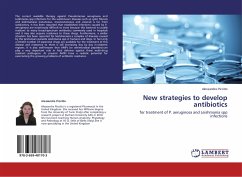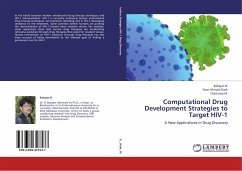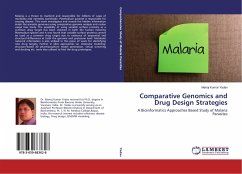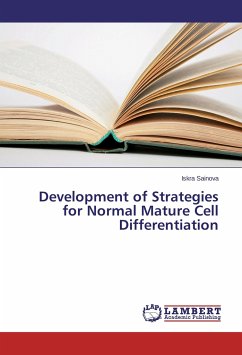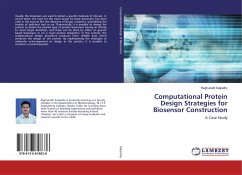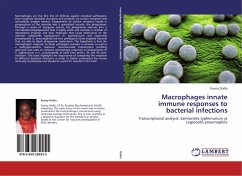The current available therapy against Pseudomonas aeruginosa and Leishmania spp infections for the well-known diseases such as cystic fibrosis and leishmaniasis (cutaneous, mucocutaneous and visceral) is far from satisfactory. It has been reported that established infections caused by P. aeruginosa are notoriously difficult to treat because this bacteria is usually resistant to many broad-spectrum antibiotics commonly used in hospitals and it may also acquire resistance to these drugs. Furthermore, a similar situation has been reported for leishmaniasis a complex of diseases caused by the protozoan parasite Leishmania spp in humans and dogs. In fact only a limited number of expensive drugs are available for the treatment of this disease and resistance to them is still increasing day by day in endemic regions. It is also well-known that AMPs (or antimicrobial peptides) can play a very important role in host defense against these multi-drug resistant pathogens. At present AMPs havea realistic potential for overcoming the growing problems of antibiotic resistance.
Bitte wählen Sie Ihr Anliegen aus.
Rechnungen
Retourenschein anfordern
Bestellstatus
Storno

